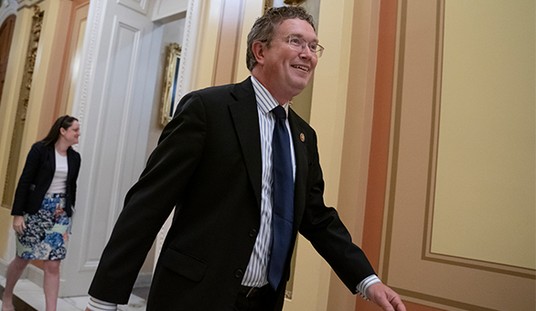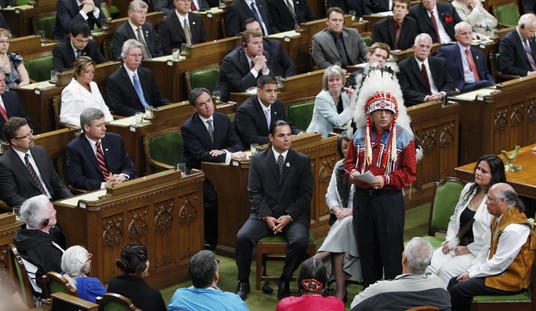I don’t usually link to reviews of books I haven’t read. And I’ve never linked to a rebuttal to a review of a book I haven’t read. But sometimes these things are entertaining all by themeselves.
Like now, for instance.
John J. Miller and Mark Molesky wrote a book called Our Oldest Enemy: A History of America’s Disastrous Relationship with France.
Is the book good? I dunno. Maybe. Our relationship with France isn’t all that hot at the moment, so it could be interesting and informative. On the other hand, with an overwrought title like that it’s not hard to imagine a wee bit of hyperventilating.
I was in France last weekend after my grand tour of Libya. I was well aware of the strained relationship between our two countries while I was there. But the French even in Paris were absolute sweethearts to me. (Where they get the reputation for being rude, I have no idea. My experience does not bear it out.) I certainly didn’t feel like I was behind enemy lines. After Libya, I felt like I was home.
Anyway, one of France’s most famous intellectuals, Bernard-Henri Levy, wrote a nasty review for the New York Times. (Try to get over the shock.) Miller and Molesky strike back at NRO. Maybe everyone involved is full of crap. I don’t know, but the fight is fun either way.
In his one-page critique, Levy hurls just about every hysterical epithet he can find in our direction. He accuses us of “racism” and “Francophobia.” He calls our book “nauseating,” “fantastical,” “grotesque,” and in competition for the “grand prize in stupidity.” He even compares what we’ve written to “the fascist French literature of the 1930s.”
Now that’s a curious putdown, comparing us to the French.
The only thing more curious may be the fact that before Levy goes diving off the deep end, he concedes so much of our argument. He readily admits that French anti-Americanism is “lodged in the heart of my country’s culture.” He even calls our historical account of Franco-American diplomatic relations — which is to say, the vast majority of our book — “a more or less fair re-evaluation.”
What really seems to irritate him is that we have the audacity to examine how French anti-Americanism has shaped Franco-American relations throughout history. At its core, our book seeks to overturn the pervasive, deep-seated, and dearly beloved myth that France and the United States are traditional allies whose age-old friendship only hit the rocks when America’s yahoo president decided to embark on an imperialist adventure in Iraq.
Levy’s central complaint, however, is that we have committed the unforgivable sin of “essentialism” — i.e. that we reduce France and the French to a simplistic, noxious caricature. His evidence that we are dyed-in-the-wool essentialists comes from the second-to-last line of our conclusion, where we offer some parting thoughts on the future of Franco-American relations: “Will the French, in short, continue to be the French?” we ask. For Levy, this mortifying question is hard evidence of “a temptation to which it is surprising to see apparently respectable minds succumb: racism.” In other words, we are racists for even wondering it. Yet Levy completely overlooks something that is, ahem, essential to understanding our question, which is that our question is actually an allusion. It harks back to the opening lines of the conclusion, where we quote a prominent American politician who had just been asked whether he considered the French friends or enemies. “The French are the French,” he responded. “And I think most people know exactly what I mean.”
And who was this politician? Here’s a hint: He spoke these words during a Democratic primary debate last year.
Still not sure? Some have said he looks French.
The odds remain slim, however, that the New York Times and Bernard-Henri Levy, now duly alerted, will soon condemn the junior senator from Massachusetts as a thoroughgoing essentialist, not to mention a fascist, a racist, and a Francophobe.
You can read Levy’s review here. And you can buy the book that kicked all this off over here.
I should add, for the benefit of those who don’t follow the link, that Levy ends his piece this way:
”Our Oldest Enemy,” an American version of what I used to call ”French ideology,” reinforces my conviction that there is one matter of great urgency, and only one: to reunite our broken link and to go beyond the two chauvinisms to resume rational dialogue.
I think that would be nice.









Join the conversation as a VIP Member